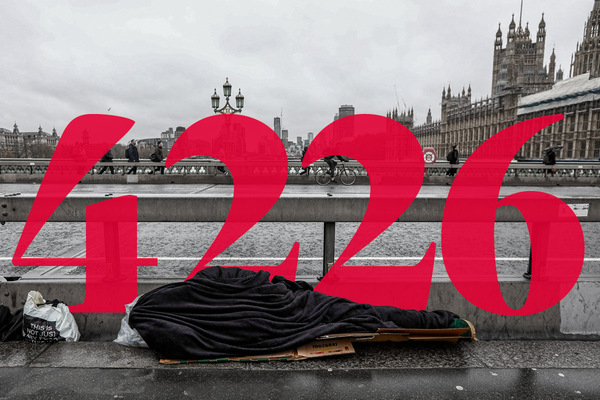Short on time? Friday’s housing news in five minutes
A round-up of the top stories this morning from Inside Housing and elsewhere
Top story: Housing association leaseholders told it could take years for apartments to be saleable
Leaseholders and shared owners living in housing association blocks could have to wait several years before their apartments become saleable again.
Hundreds of association tenants have been left trapped in their homes, as mortgage lenders are unwilling to provide mortgages on the properties until they receive assurances that the cladding on the blocks is incombustible and safe.
L&Q, Swan, and Islington and Shoreditch Housing Association are among the associations that believe the inspection and remediation programmes for their blocks could take considerable time.
Clarion apologises after accidentally overcharging hundreds of residents
The country’s largest housing association has said it is “extremely sorry” after an error in its direct debit payment system saw hundreds of leaseholders and shared owners overcharged.
A total of 851 of its customers were affected, with up to £500 being taken from accounts in some cases.
Clarion said the error had now been fixed and that it would be covering any charges incurred by customers as a result of the overcharging.
Lunchtime long read
Can we trust the government’s rough sleeping numbers?
Last week, to much fanfare, the government released its annual rough sleeping numbers, which showed that there had been a 9% drop in the number of people sleeping on England’s streets.
However, is the method that the government uses the right method or should it seek alternatives?
Lucie Heath analyses how the government counts the number of rough sleepers and asks: should we trust the data?
Quote of the day
“The complex and risky nature of [lease-based providers’] business models means, at the very least, they require the absolute highest standards of governance.
“But the lease-based providers and their backers are correct when they argue the housing they provide is much needed.”
Inside Housing’s deputy editor Peter Apps identifies the bigger policy failure – a lack of funding for supported housing – as the reason why the use of the “high risk” lease-based model has increased in the sector.
In the papers
Picture: Getty
Ahead of the Budget on Wednesday, The Guardian reports on a paper by the centre-right think tank Onward that shows that successive governments have channelled more funds towards London than elsewhere in England.
The analysis by Conservative MP Neil O’Brien, who was an advisor to George Osborne when he was chancellor, found that transport spend was three times higher in London, while the amount of money spent on affordable housing in London between 2016 and 2021 will be five times what the rest of the country receives.
The paper also features analysis that shows the poorest 20% of Britons are no better off than they were in 2004.
The Office of National Statistics (ONS) said there had actually been a 7% decline in disposal income, with income growth having stalled as a consequence of the improved labour market being moderated by an ongoing benefits freeze.
Local news
Picture: Getty
Hackney Council wants social landlords to manage all its supported housing stock, so it no longer has to place vulnerable children and care leavers in expensive, substandard private accommodation, writes the Hackney Gazette.
It comes as the council’s bosses say there is an overdependence on private providers due to a lack of capacity in its contract with two providers. The number of places was slashed from 147 to 64 in 2017.
Tenants union Living Rent is campaigning for housing associations in Glasgow not to evict people who cannot pay rent due to Universal Credit problems, reports Scottish Housing News. The union, which represents hundreds of tenants across Glasgow, says it views Universal Credit as a threat to people’s right to decent and affordable housing.







